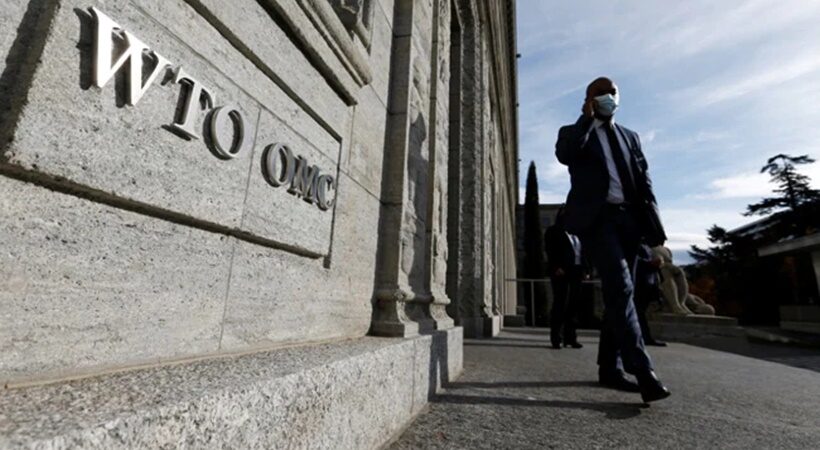India will push for a permanent solution to the public stockholding of grains for food security programs and a robust defence of farmers’ and fishermen’s interests at the World Trade Organization’s 12th ministerial meeting, which starts on Sunday.
Commerce and Industry Minister Piyush Goyal is leading the Indian delegation.
The 12th Ministerial Conference (MC) will begin on June 12 in Geneva and last four days. The summit comes after a four-year hiatus and against the background of the Ukraine-Russia conflict and an uncertain global economic environment.
Argentina hosted the event the last time it was held in 2017. The 164-member World Trade Organization’s highest decision-making body is the MC (WTO).
The conference will focus on the WTO’s reaction to the COVID-19 pandemic, including patent waivers, agriculture and food security, WTO reforms, the planned fisheries subsidies agreement and the prolongation of the electronic transmission ban, reported NDTV.
Public stockholding for food security, trade-distorting domestic subsidies, market access, the special safeguard mechanism, export limitations and ban, and transparency are some of the primary concerns that might be discussed at the agricultural and food security conference category.
New Delhi will make a case for a long-term solution to the public stockholding (PSH) problem for its food security initiatives.
The PSH program is a policy mechanism in which the government buys rice and wheat from farmers at a minimum support price (MSP), stockpiles them, and distributes them to the needy.
MSP is often greater than market rates, and it offers these at a low price to provide food security for nearly 800 million people living in poverty. The WTO’s Agriculture Agreement, on the other hand, restricts a government’s authority to buy food at MSP.
A WTO member country’s food subsidy cost should not exceed 10% of the output value based on the 1986-88 reference price, according to world trade regulations.
Japan, Australia, New Zealand, the EU, Canada, and the United States are pushing for the subsidies to be regulated. India and Indonesia, for example, desire flexibility in exchange for unique and unequal treatment.
Because the sector is still in its infancy, India has argued that developing nations not engaged in far ocean fishing should be spared from overfishing subsidy bans for at least 25 years.



















